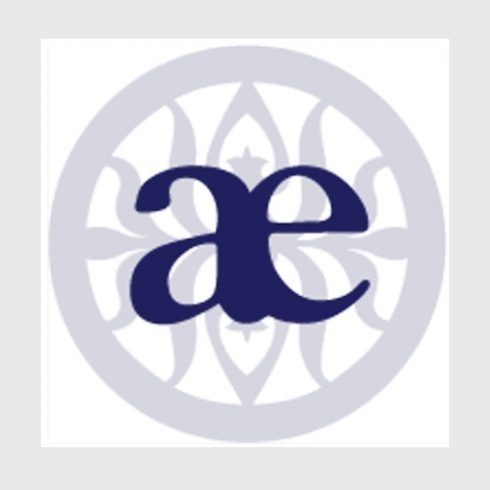On the monopoly
Speculation, pharmaceutical markets, and intellectual property law in Nigeria
Kristin Peterson
American Ethnologist, 2014, 41(1) 2014

Abstract
The drug patent monopoly has been described as a key deterrent to Africans’ access to brand-name, life-saving drugs. Research in Nigeria, however, shows that another factor restricts access in that country: Brand-name pharmaceutical companies’ pricing and marketing strategies keep patented drugs off the market. In this article, I retheorize the question of monopoly in the pharmaceuticals industry. I first track the historical precedents of this particular iteration of the drug monopoly. I then situate the monopoly in the context of ethnographic research I conducted on pharmaceutical markets and drug marketing (2005–10) as well as on Nigeria’s compliance struggles with the WTO’s Trade Related Aspects of Intellectual Property (TRIPs) Agreement (1999–2003). TRIPs enforces patent holders’ rights and mandates intellectual property harmonization across nation-states. In analyzing these two ethnographic sites together, I argue that rather than its purported short-term legal existence, the current drug monopoly operates as though it has an indefinite life.
 Share
Share






Commentary
The latest commentary on the use of antimicrobials in society.
‘Notes from the Field’: Wakiso District, Kampala, Uganda
Antibiotics, poultry, and livelihoods: Conjoined Worlds in Medium-Scale Urban Livestock Keeping.
Social Science and AMR Research Symposium: Event
The AMIS Programme hosted a work-in-progress symposium and networking event on 10 September 2018, at the British Academy.
Sustainable aquaculture in Bangladesh
Rather than asking how antibiotics enable livelihoods in situations of increasing precarity, our research asks whether it is possible to...